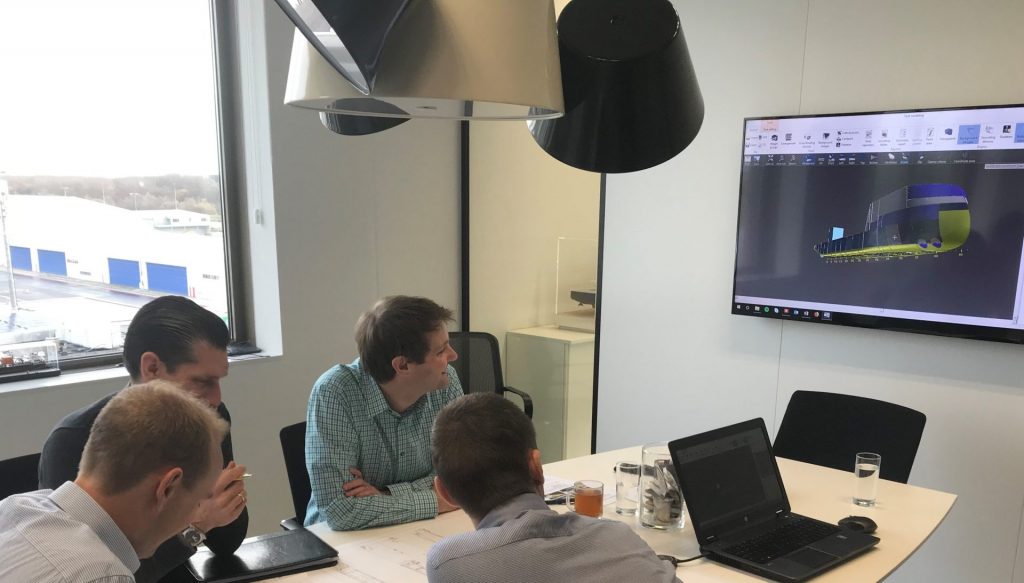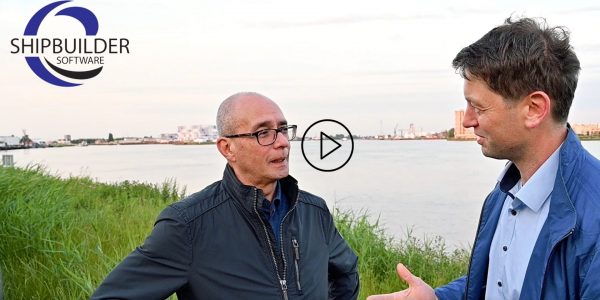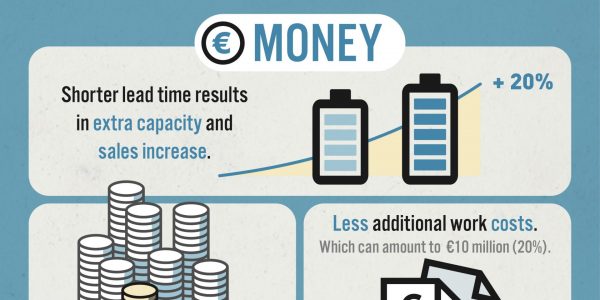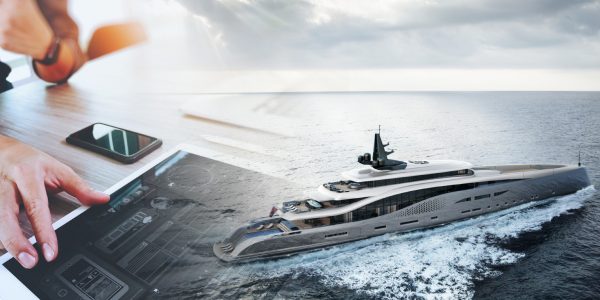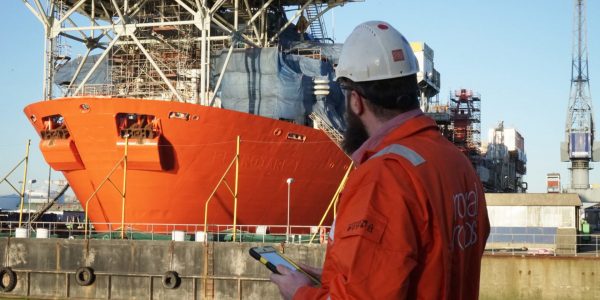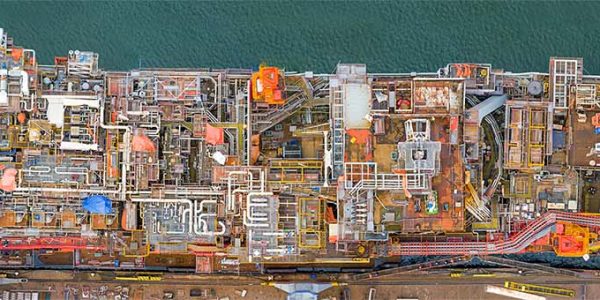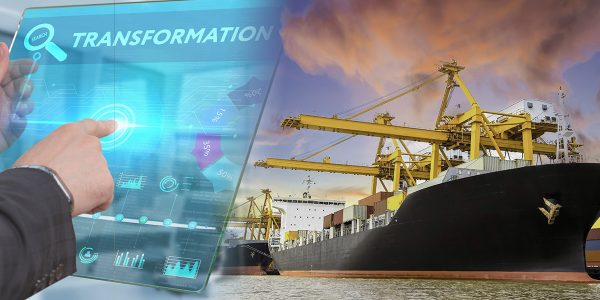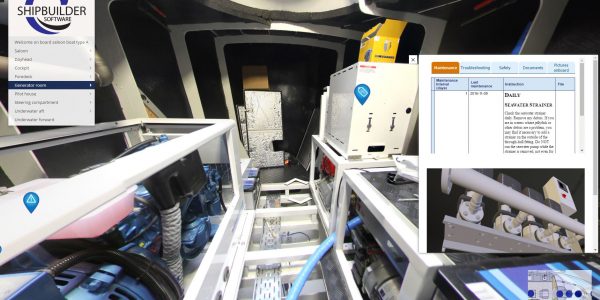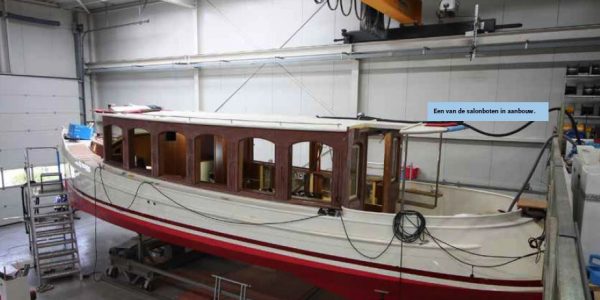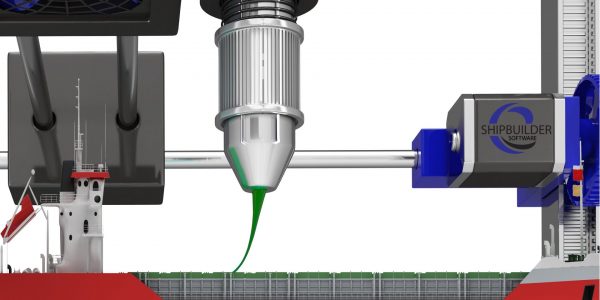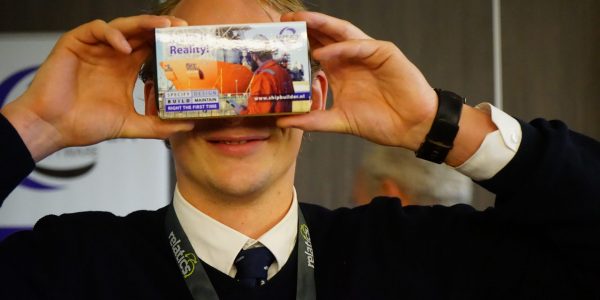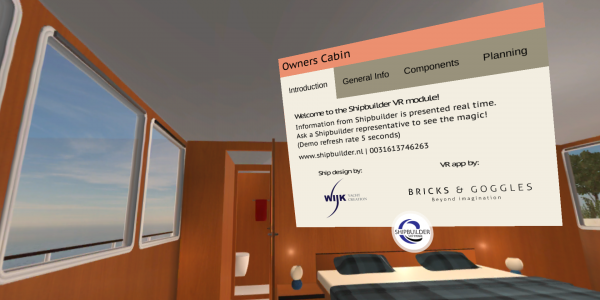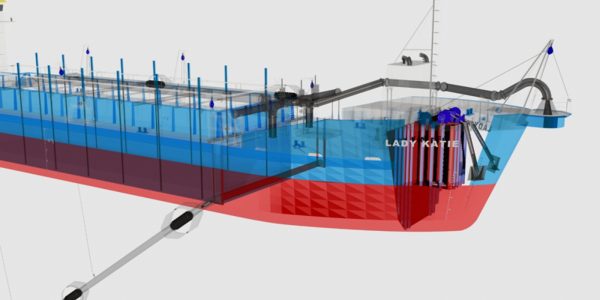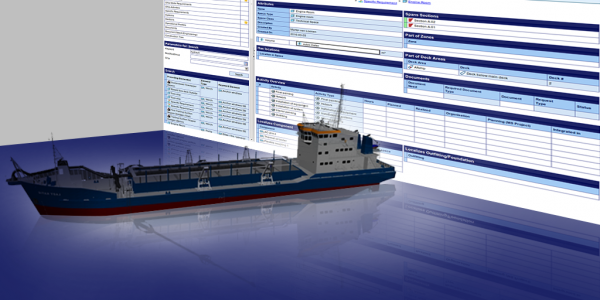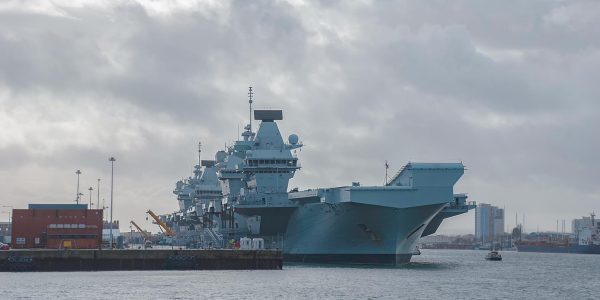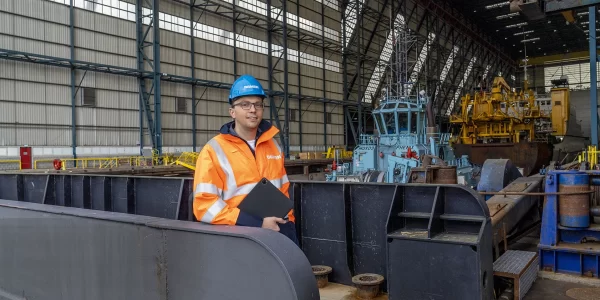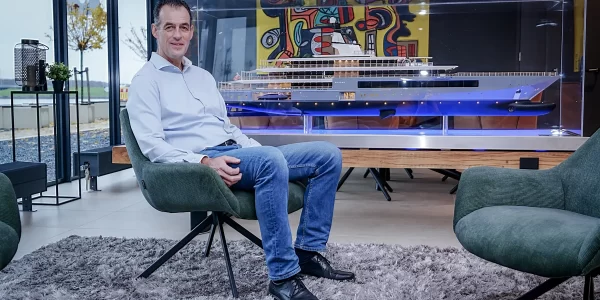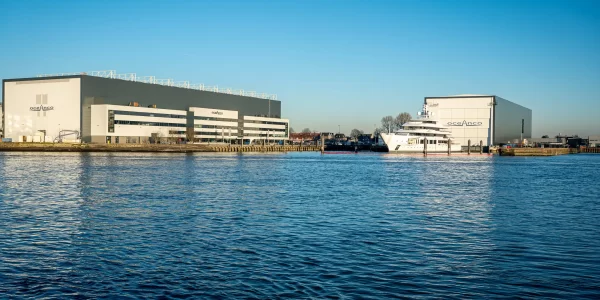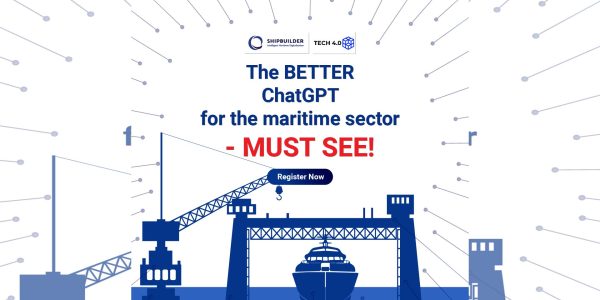How does Ulstein go about successful and suitable ship design? Bart Daman, Ko Stroo and Dolf Manschot, project manager/naval architects at Ulstein Design & Solutions BV, face this challenge on a daily basis. Their knowledge and experience are key to the development of complex vessels for a diverse range of applications and working environments, in a relatively small period of time and often for ships that have never been designed nor built before. Daman: “For sharing and storing knowledge the maritime sector still often uses Word and Excel. However, in the current digital era the methods to collect data and make it easily available have improved a lot. This is why we changed to digital knowledge management in partnership with Shipbuilder a few years back.”
Shift to Digital Knowledge Management
Digital knowledge management is a relatively new development in the maritime sector. Daman: “We started talking to Shipbuilder about how we could store our knowledge and make it accessible in a smarter way. We deemed Shipbuilder to be most fit for our purposes. The software is already developed to specifically structure and document ships and ship building processes. Of course, we are ship designers working one abstraction level higher, but the set-up of the software forms an excellent basis. In cooperation with Shipbuilder we have developed a company specific environment where we can safely document our knowledge of ship design, requirements and component properties.” Manschot adds: “Structuring and populating this environment of course takes time. But with all our knowledge centrally stored, Shipbuilder is saving us a lot of time in the design process. Something we already experience and take advantage of.”
Advantages of digital knowledge management: speed
About the advantages Stroo tells: “Together with Shipbuilder we created a tool that allows us to develop a ship design faster starting from a high level of abstraction and client preferred attributes. By digitalising our knowledge of characteristics, components and ship processes we can establish links even faster. In the near future we expect to be able to see which engines are most suitable for the type of ship we’re designing with the click of a mouse. In addition to this, Shipbuilder supports us to generate consistent specifications much faster, which is a great advantage.”
Competitive advantage: more time for product development
Stroo continues: “Because Shipbuilder has made our knowledge management so much more efficient, we can focus on what we do best: develop innovative ship designs. With the knowledge and details available in Shipbuilder, optimising and further shaping of the ship design is significantly faster than before. And as we are able to document our daily gain in knowledge directly in our knowledge data base, the quality of this data rapidly improves further.” Daman: “We expect this to provide us a constantly growing competitive advantage.”
Knowledge management as a top priority
Daman explains that, in order to survive, the development and application of knowledge management must become a top priority in the maritime sector: “We work on really complex ship designs, with a lot of changes in the process, both big and small. Shipbuilder helps us manage these changes a lot better. Clients are impressed by our response time and the consistency of our specs. Before, the risk of errors was much higher as by using Word you’re more inclined to copy text. Using Shipbuilder, this is now history.”
Knowledge management during the first client contact
Daman has a clear vision. The future will see knowledge management tools being used more and more already in the first client contacts: “Together with the client we can fill in the desired specifications. By leveraging the available semantic knowledge data, we can already show in these first conversations in which direction potential solutions can be found. In this way, we expect to guide and advice our clients even quicker regarding operational requirements and commercial preconditions, realizing the client’s most optimal ship design much faster.”
